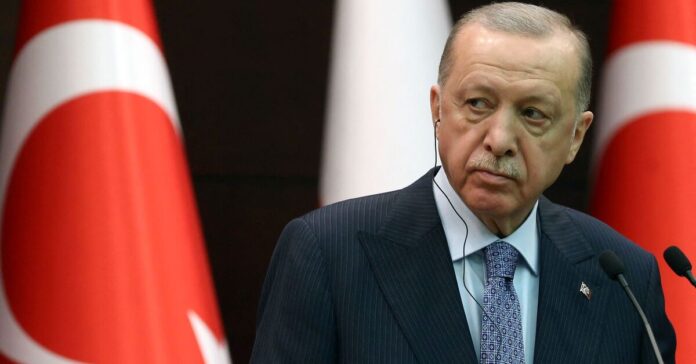Author: Filiz Tutku Aydın
Affiliation: Social Sciences University of Ankara, and Member of the Crimean Tatar Diaspora
Organization/Publisher: SETA
Date/Place: February 2022/ Ankara, Türkiye
Type of Literature: Analysis
Number of Pages: 13
Link: https://setav.org/en/assets/uploads/2022/02/A77En.pdf
Keywords: Turkey, Russia, Ukraine, Foreign Policy, NATO, Ukrainian Crisis
Brief:
Filiz Tutku Aydın analyzes the Turkish position on the Russian-Ukrainian crisis in the light of its close relationships and interests with both Russia and Ukraine. She introduces Turkish foreign policy options in the case of Russian invasion to Ukraine, which invasion has since materialized. Aydın argues that Turkey seeks diplomatic solution to the crisis and avoids military escalation or war due to its mutual interests with both Russia and Ukraine. First, she highlights the efforts that Russia has exerted to return Georgia and Ukraine to its sphere of influence along with the adoption of its ‘near abroad ’policy that rejects national independence movements in former Soviet territories. This has been maintained through its ‘hybrid war strategy ’including pressuring Ukraine in gas issues and manipulating its media. She claims that NATO does not approach the extension of its membership, rather former Soviet states have sought protection from Russian hegemony and have anticipated occupation by approaching NATO. However, Russia has considered that as a violation of its sphere of influence and regional balance of power. On the other hand, the Russian invasion of Georgia and annexation of Crimea have altered the security system drawn in the post-Cold War era, which in turn has played a role in changing the frame of Turkish-Ukrainian-Russian relations. Second, Aydın gives a background of Turkish-Ukrainian relations, from the Ottoman Empire’s relations with the Ukraine to recent patterns. Turkey has adopted a policy of balancing and compartmentalization in its Russian-Ukrainian relations during the 2008 Georgian invasion. Instead of contesting Russia’s regional policies, Turkey has balanced its relationship with the US and Russia and sustained the US role to balance Russia in the region. On the other side, Turkey has maintained its relations with Ukraine based on common interests and cooperation, not merely on the basis of balancing Russia in the region. Yet, its relationship with Ukraine is considered part of ‘Turkish-Russian relations’. Third, Aydın underlines the puzzle of Turkey-Russia relations. Although Turkey has maintained close relations with Ukraine and refuses to recognize Russia’s annexation of Crimea, it has refrained from imposing any economic sanctions and has sustained its economic and political relations with Russia including business interests, tourists flow, the TurkStream pipeline, and the purchase of S-400 air defense system. In other words, Turkey and Russia have managed to keep their disagreements aside in more than one issue such as Syria, Libya, and the Eastern Mediterranean, and maintained compartmentalization in their relationship. However, there is a need to understand the foreign policymaking process in both countries, which is different from the situation in the US and Europe since Turkey and Russia’s leaders can easily maneuver and pragmatically respond to their surroundings. Fourth, she views Turkish foreign policy options in the Ukrainian crisis. She believes that Turkey has a significant interest in minimizing military escalation. However, in the case of military intervention, Turkey would seek to diplomatically solve the conflict and minimize tensions while supporting NATO actions. Turkey’s position in the Ukrainian crisis would overlap between Russia and the West. Due to its close relationship with both Ukraine and Russia, Turkey would be against military conflict and would pragmatically seek diplomatic solution and mediation. In other words, Turkey would take into consideration its common interests with Ukraine, while it would refrain from participating in economic sanctions that would negatively affect the Turkish economy. Along with that, it would follow its NATO commitments. In the light of Turkey’s economic interdependence and common interests with both Russia and Ukraine, Dr. Aydın comprehensively covers the different changing elements in the Ukrainian crisis as well as the limitations in Turkey’s foreign policy options which seem to be true in the current status of the crisis. She encompassed the Turkish interests with both actors and how they would shape reactions and policies.
By: Yomna Süleyman, CIGA Research Assistant




